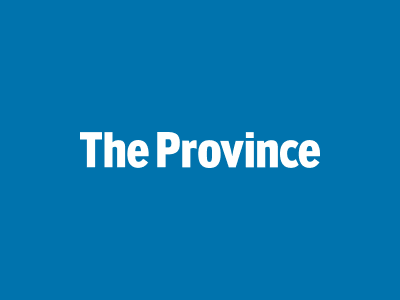H1N1 patient dies on southern Vancouver Island
September 17, 2009 11:01 AM
Victoria - Health authorities today confirmed the death of a patient from the south island area due to the H1N1 flu virus (also known as human swine flu).
?The patient was admitted to Victoria General Hospital on September 5, 2009 with severe respiratory illness?, stated Dr. Richard Stanwick, the Vancouver Island Health Authority's chief medical health officer.
?Subsequent tests from the BC Centre for Disease Control (BCCDC) confirmed H1N1," he stated in a news release.
The patient was from a high-risk group and had underlying health conditions, which predisposed the patient to increased severity of illness due to infection.
Education and protective supplies are being provided to the affected community and relevant schools, the news release states. Tamiflu is been made available to individuals requiring treatment.
? Copyright (c) The Victoria Times Colonist
September 17, 2009 11:01 AM
Victoria - Health authorities today confirmed the death of a patient from the south island area due to the H1N1 flu virus (also known as human swine flu).
?The patient was admitted to Victoria General Hospital on September 5, 2009 with severe respiratory illness?, stated Dr. Richard Stanwick, the Vancouver Island Health Authority's chief medical health officer.
?Subsequent tests from the BC Centre for Disease Control (BCCDC) confirmed H1N1," he stated in a news release.
The patient was from a high-risk group and had underlying health conditions, which predisposed the patient to increased severity of illness due to infection.
Education and protective supplies are being provided to the affected community and relevant schools, the news release states. Tamiflu is been made available to individuals requiring treatment.
? Copyright (c) The Victoria Times Colonist



Comment